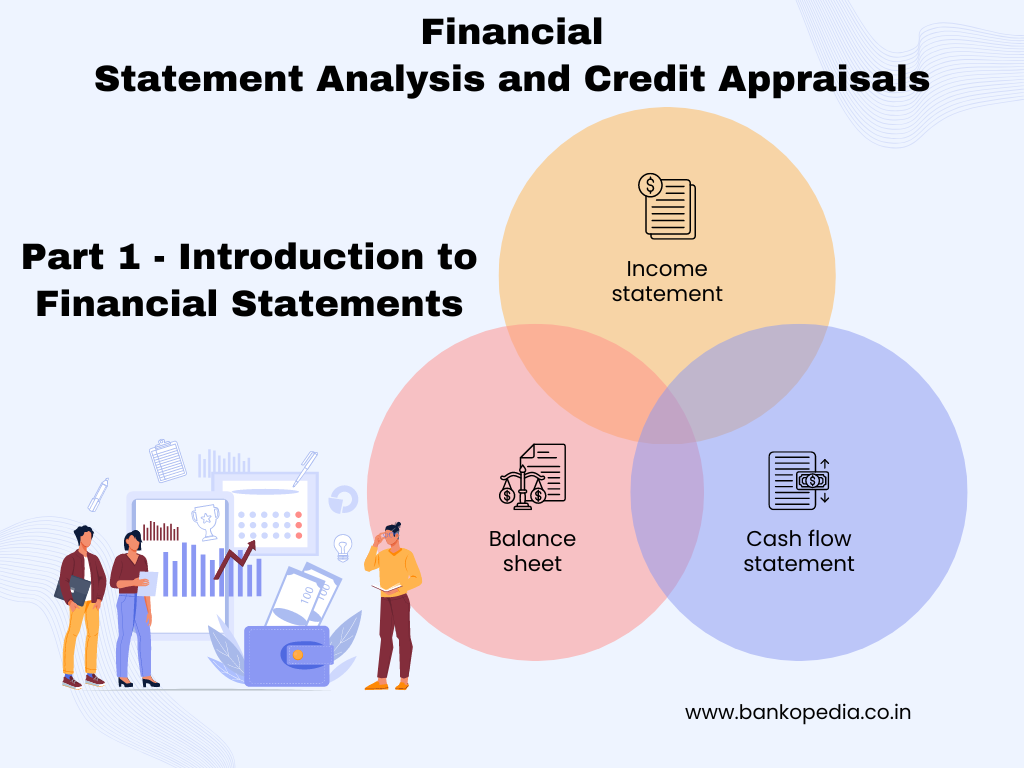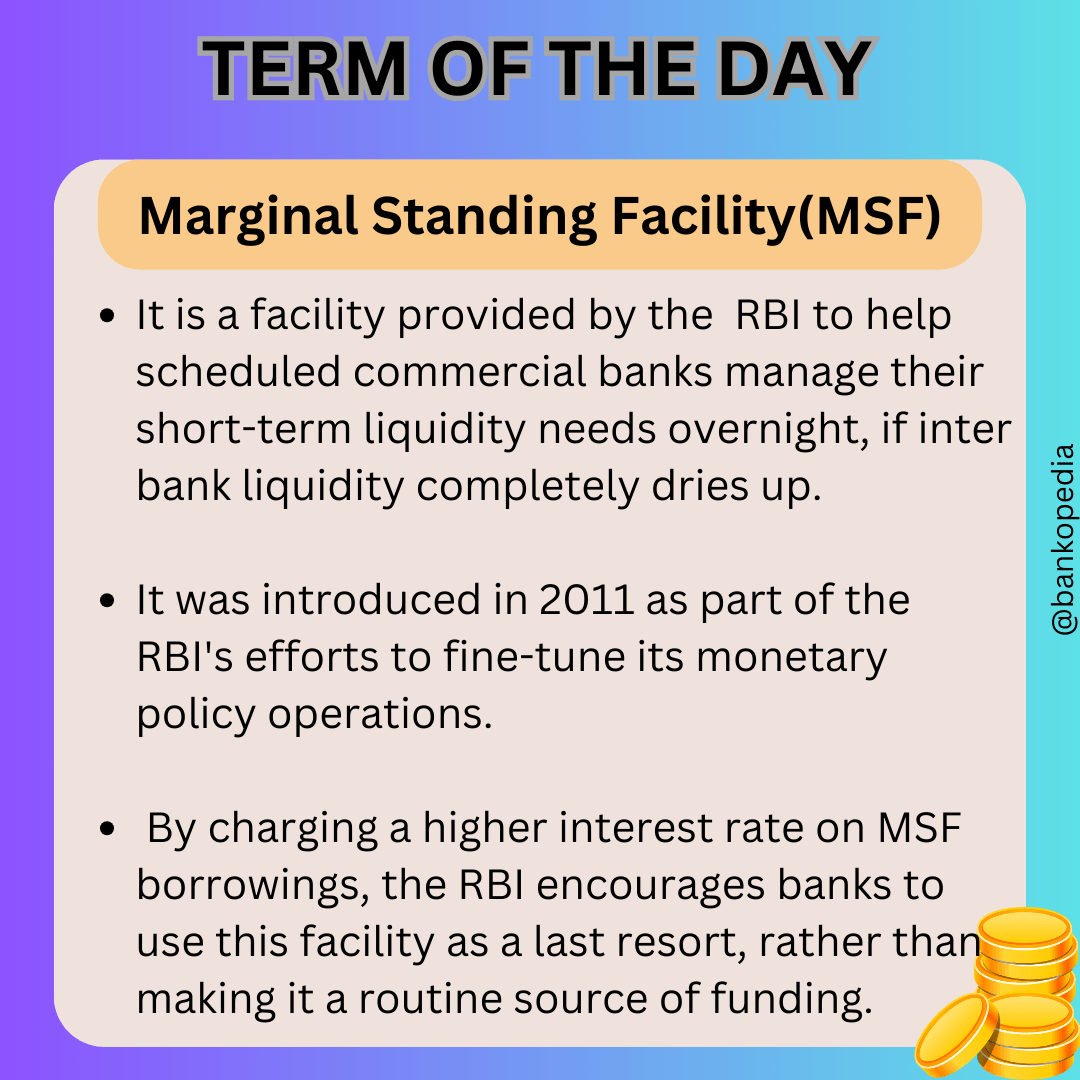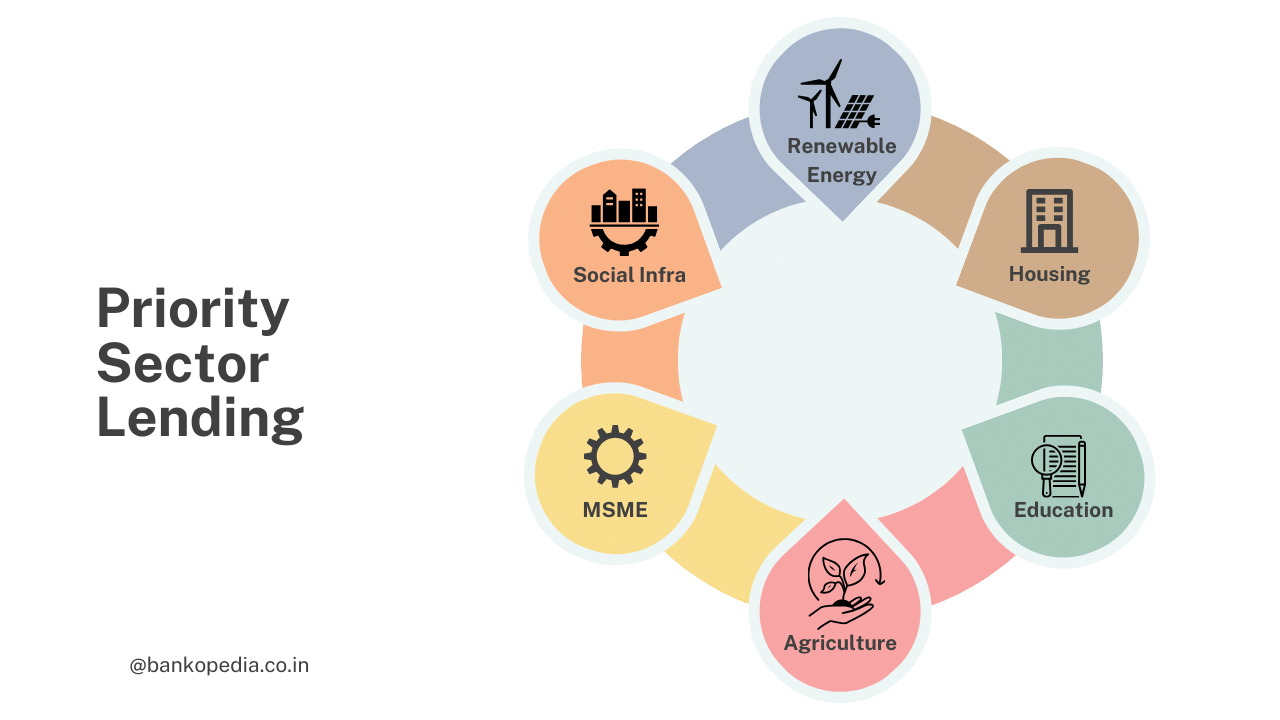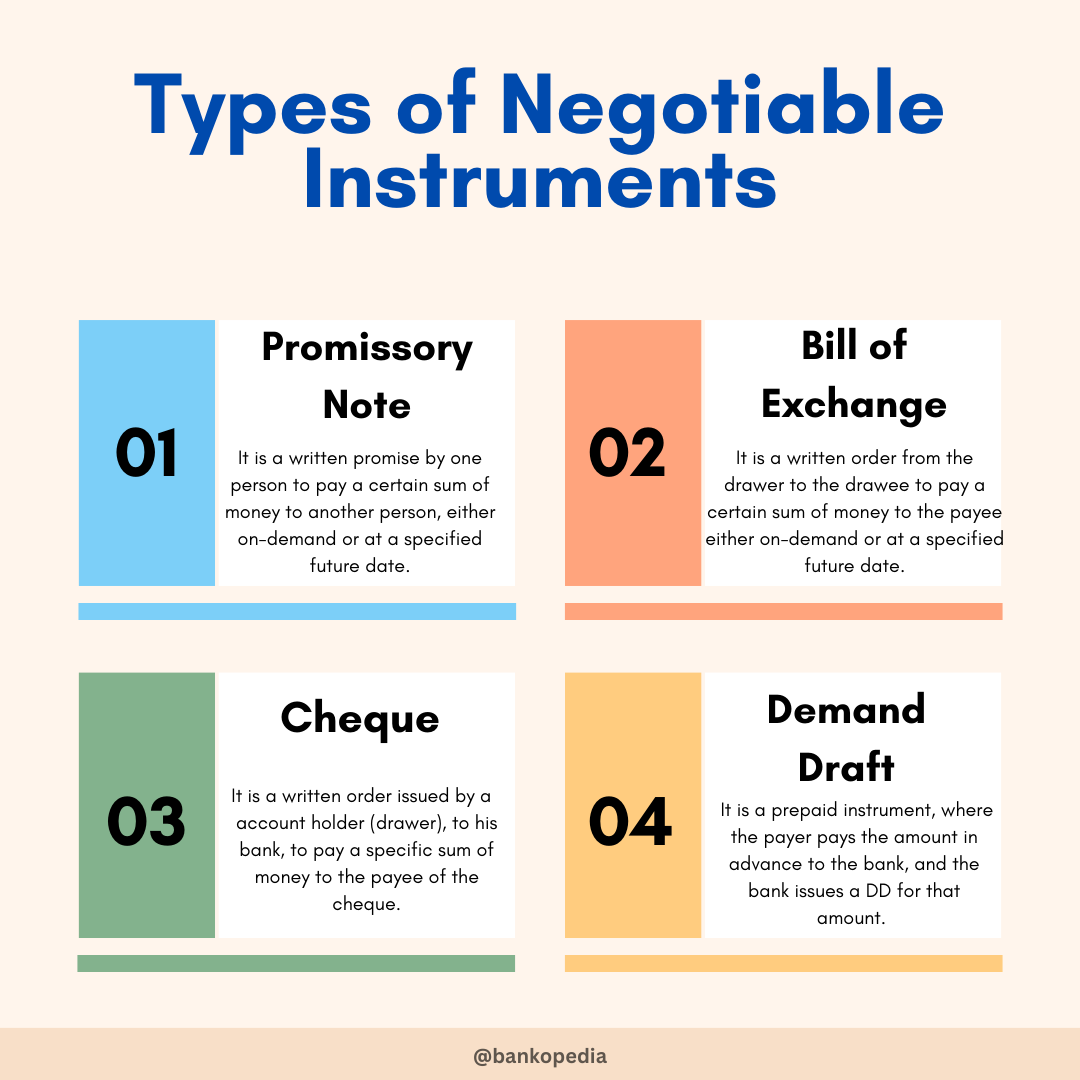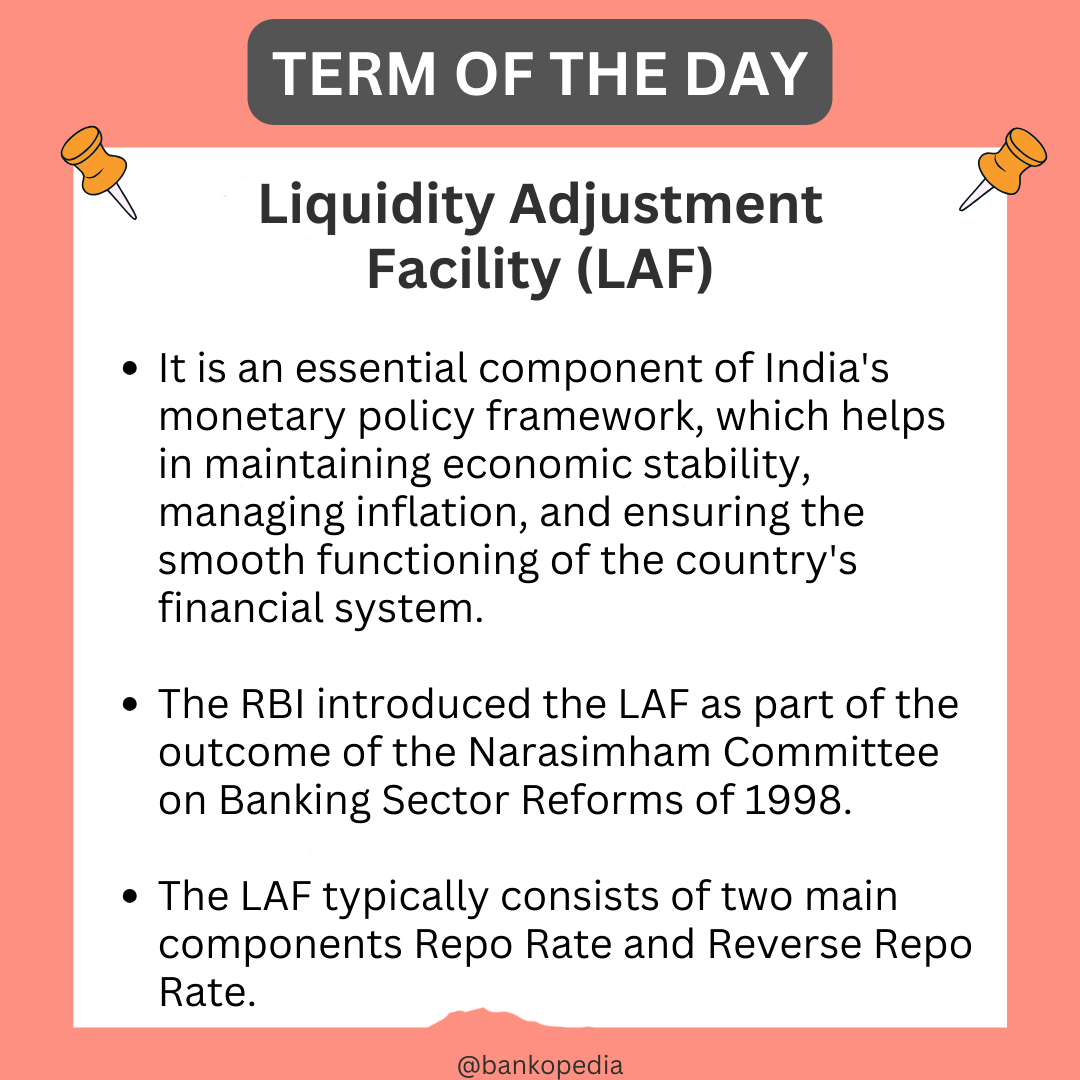Misselling of insurance refers to unethical sales practices where insurance products are presented in a misleading or deceptive manner, leading customers to purchase policies that don’t suit their needs or offer poor value. Here’s a breakdown of the concept in the Indian context:
Types of Misselling:
- Misrepresenting Product Features: Agents may exaggerate benefits, downplay risks, or disguise limited coverage to make a sale. For example, selling a traditional life insurance plan as a high-return investment or failing to explain surrender charges upfront.
- Unnecessary Coverages: Customers may be pressured into purchasing additional riders or covers they don’t need, increasing premiums without providing substantial value.
- Churning: Customers might be convinced to switch policies frequently, generating commissions for the agent but incurring surrender charges and disruption for the insured.
- Targeting Vulnerable Groups: Senior citizens or those with limited financial literacy are particularly susceptible to misselling tactics. Insurance products aimed at older citizens require enhanced scrutiny due to this risk.
- Conflicts of Interest: When agents are primarily incentivized by commissions rather than customer well-being, misselling is more likely.
Examples:
- ULIPs as Investments: Unit-Linked Insurance Plans (ULIPs) combine insurance and investment components. These are often misrepresented as investment products with guaranteed returns, downplaying their insurance costs and market risks.
- Bundled Products: Customers applying for loans or credit cards might be pressured to buy unnecessary insurance add-ons, often without full disclosure.
- Premature Closure Penalties: Agents may downplay surrender penalties and lock-in periods, hindering customers’ ability to change policies later if they become unsuitable.
Consequences:
- Financial Loss: Misselling leads to customers paying for inappropriate policies, potentially with high premiums and insufficient coverage for their actual needs.
- Eroded Trust: Misselling incidents contribute to customer distrust in the insurance sector, harming overall financial inclusion efforts.
- Regulatory Scrutiny: Increased misselling complaints can lead to tighter regulations and penalties for insurance companies and agents.
Combatting Misselling in India
The Insurance Regulatory and Development Authority of India (IRDAI) has implemented various measures to curb misselling:
- Enhanced Disclosure: Regulations mandate upfront disclosure of key policy features, including costs, surrender charges, and exclusions.
- Cooling-off Period: Customers have a “free-look” period where they can reconsider and cancel newly purchased policies.
- Grievance Redressal: IRDAI has established an ombudsman system to handle customer complaints regarding misselling.
Consumer Awareness: It’s essential for individuals to educate themselves about the different types of insurance products, thoroughly read policy documents, and understand their rights before making decisions.

